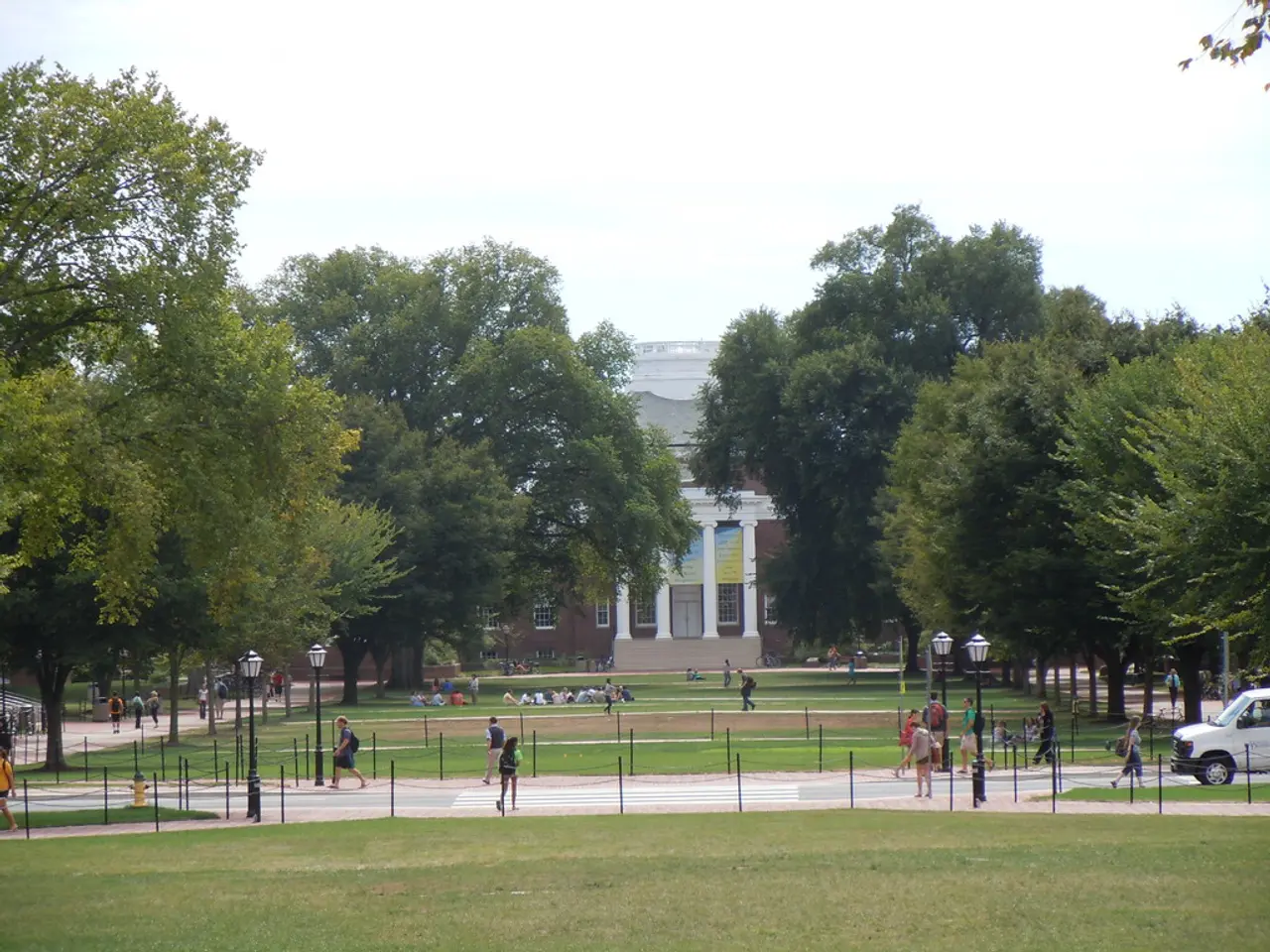Dropping prosecution for allegations of royal slurs against American scholar
Thai Prosecutors Drop Charges Against American Scholar
Having reviewed the case, Thai prosecutors have decided to drop charges against American academic Paul Chambers. This decision was made by the Office of the Attorney General (OAG) in response to the investigation file provided by the Phitsanulok province police station.
Spokesman Sakkasem Nisaiyok confirmed that the prosecutors from OAG Region 6 (which includes Phitsanulok), believe the evidence does not warrant action under Section 112 of the Criminal Code, the royal defamation law. The decision comes as the U.S-Thai relations are under specific scrutiny.
The controversy revolved around a supposed defamatory statement concerning the Thai monarchy, which Chambers strongly denied authoring or publishing. Chambers, a renowned lecturer and special adviser on international affairs at Naresuan University in Phitsanulok, specializes in Southeast Asian politics.
The announcement to dismiss the case against Chambers will likely ease tensions in US-Thai relations, with trade talks between the two nations briefly postponed following the initial charges. However, concerns persist about the application of Thailand's lese-majeste laws, which have sparked controversy in the past. Human rights organizations have raised concerns about the broad usage of these laws against academics, activists, and students.
It should be noted that charges against foreigners under the lese-majeste law are quite uncommon. Computer crimes charges, which can extend sentences, are often filed alongside these charges. After the initial charges were filed, Chambers spent a night in detention, had his bail set with electronic monitoring, and was granted removal of the device.
Chambers' family campaigned for his release, petitioning congressmen, senators, the U.S. State Department, and even publishing an opinion piece in a local newspaper. International academic organizations have also spoken up, urging the Thai government to respect academic freedom and freedom of expression as outlined in the Constitution and international treaties to which Thailand is a signatory.
Throughout his career, Chambers has authored several books on the political economy of the military in Southeast Asia and the dynamics of civil-military relations in Thailand. He has resided in Thailand since 1993. This developments may mark a significant turning point in resolving sensitive cases involving foreigners and balancing domestic legal practices with international diplomacy in Thailand.
- The dismissal of charges against Paul Chambers, an American scholar specializing in Southeast Asian politics, by Thai prosecutors, purely a decision based on the evidence provided, may signal a shift in their application of the lese-majeste laws.
- The unconfirmed allegations that Chambers made a defamatory statement about the Thai monarchy were not found sufficient to warrant action under Section 112 of the Criminal Code, as confirmed by the spokesman of OAG Region 6.
- The education-and-self-development sector, along with international academic organizations, have raised concerns about the broad usage of Thailand's lese-majeste laws against academics, activists, and students, urging the Thai government to respect academic freedom and freedom of expression.
- In light of the dismissal of charges against Chambers, and the subsequent easing of tensions in US-Thai relations, crime-and-justice and general-news sectors are closely watching Thailand's approach to balancing domestic legal practices with international diplomacy involving foreigners.




